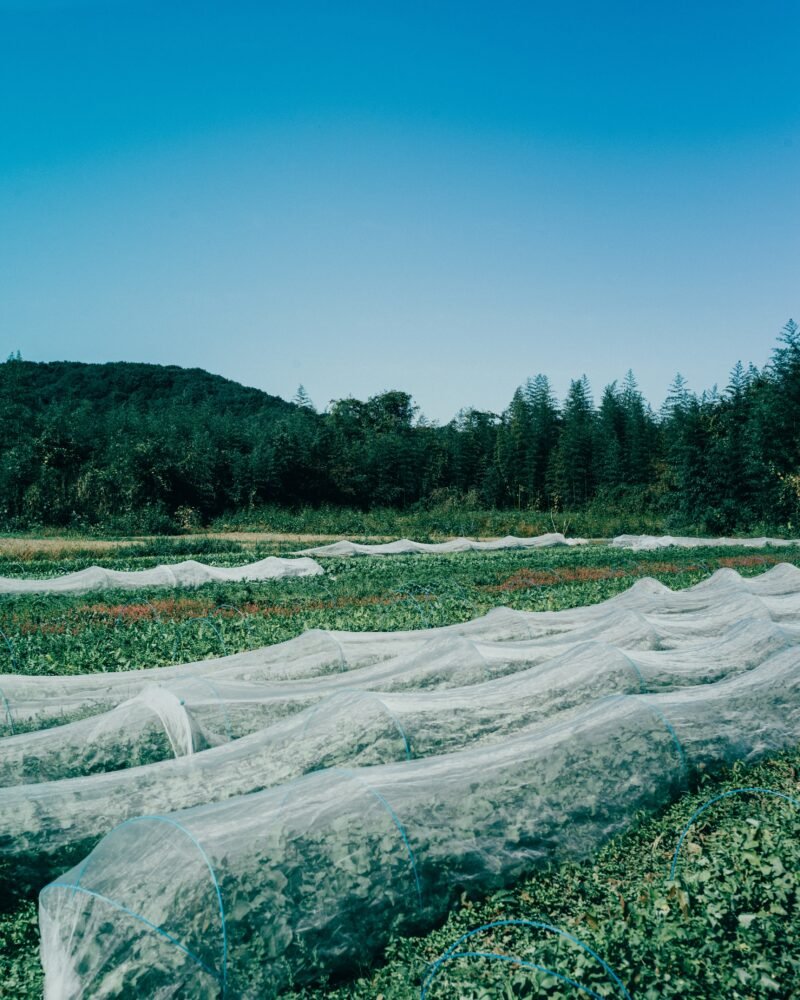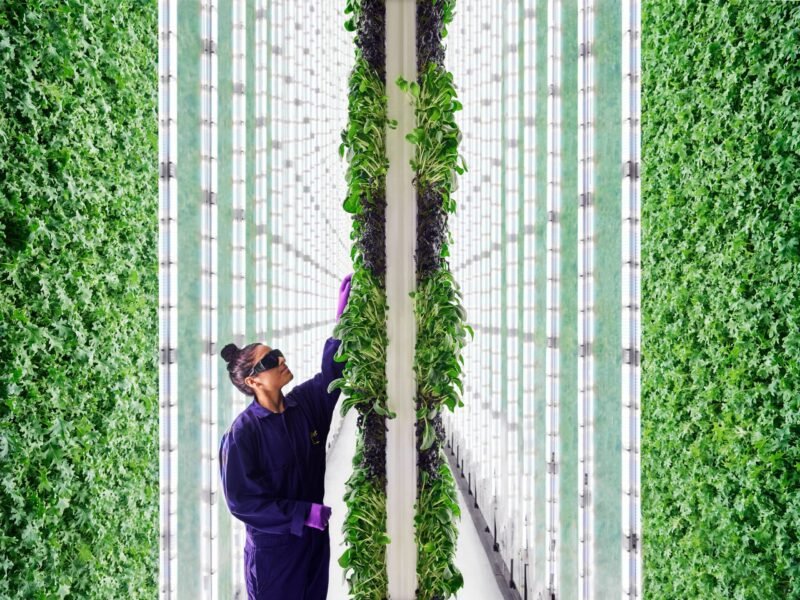Square Roots Grows the Next Generation of Indoor Farmers

Brooklyn-based urban indoor agriculture company Square Roots brings back fresh food to urban areas whilst training the next generation of farmers.
With the United Nations urging a global return to sustainable farming practices, Square Roots doesn’t only offer customers information about how, when and where their food is being grown through a QR code on the back of the packaging — it also puts farmers at the “forefront of the indoor urban agriculture industry.” With the average age of the American farmer being 58 years old, the year-long Square Roots Next-Gen Farmer Training Program aims at teaching young adults the ins and outs of farming by also teaching them how to make use of technology while doing so.


Similar to the traditional farmer training, the Square Roots programme teaches the needed skills both through the curriculum and hands-on-training. The company believes that the future of farming lays in the key elements such as growing food in the tech-enabled indoor systems and studying plant science to understand what’s happening at the molecular level of the plant as it grows. However, getting exposed to the business through involvement at every stage of the process along with studying entrepreneurship frameworks, as well as getting involved in the community are also said to be vital.

Such urban indoor farming is also relatively easy to adjust as another container can be simply added to any existing farm. Also, the farms can bring produce as close as possible to the consumers. The setup can make the community feel connected to their local farm through events such as farm tours, as well as more aware of the whole production process. The emphasis is then put on the relation with the community as Square Roots underlines engagement with local agriculture and food systems to inspire young generations through local, youth-oriented organizations, so they would not only look at the farming as their future but the future of the community as a whole.



